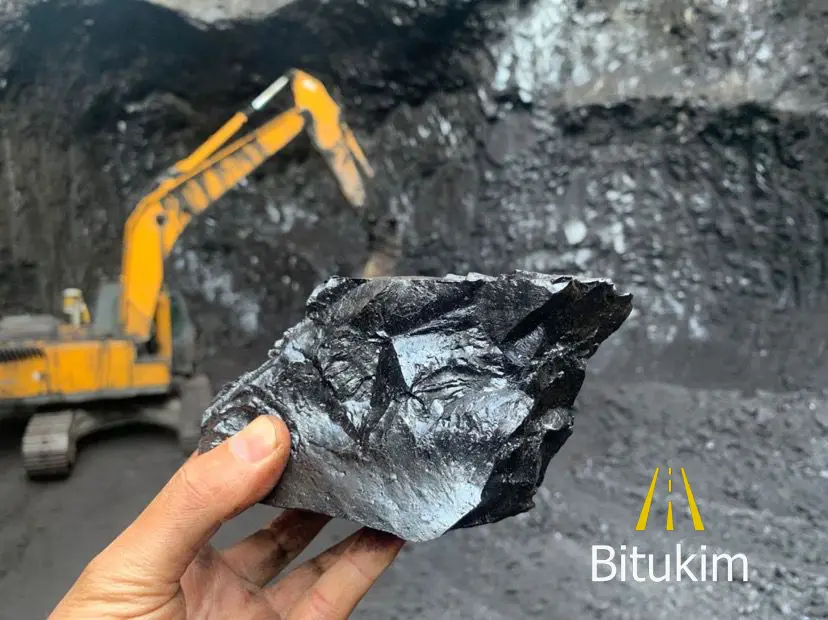
Gilsonite shale inhibition, Gilsonite is an effective additive used in drilling fluids for shale inhibition. Shale inhibition refers to the process of preventing shale formations from swelling, dispersing, or reacting unfavorably with drilling fluids, which can lead to wellbore instability and other drilling challenges. Here’s how Gilsonite contributes to shale inhibition:
How Gilsonite Inhibits Shale:
- Formation of a Protective Barrier:
- Gilsonite creates a thin, impermeable barrier on the wellbore walls when added to drilling fluids. This barrier prevents water and other fluid components from penetrating the shale, thereby inhibiting the swelling and dispersion of reactive clay minerals.
- Sealing Micro-Fractures and Pores:
- By plugging micro-fractures and pores within the shale, Gilsonite reduces fluid invasion into the formation. This helps to maintain the structural integrity of the shale and prevents it from weakening or collapsing.
- Reducing Water Sensitivity:
- Shales are often sensitive to water, which can cause them to swell or disintegrate. Gilsonite’s ability to seal the shale surface reduces the contact between the water in drilling fluids and the shale, thus inhibiting swelling and maintaining wellbore stability.
- Improving Mud Rheology:
- Gilsonite enhances the rheological properties of drilling fluids, improving their ability to carry cuttings out of the well and maintain a stable pressure profile. This helps in managing shale reactions and keeps the wellbore in better condition.
- Compatibility with Various Fluid Systems:
- Gilsonite can be used with both water-based and oil-based muds, offering flexibility in its application for shale inhibition in various drilling environments.
- Thermal Stability:
- Gilsonite remains stable at high temperatures, making it suitable for use in deep wells or in high-temperature formations, where other inhibitors might degrade.
- Enhanced Lubricity:
- By providing additional lubricity, Gilsonite reduces the friction between the drill string and the wellbore, which can be particularly beneficial in shale formations that tend to slough or swell.
- Mitigating Chemical Reactions:
- Gilsonite acts as a physical barrier, reducing the chemical interaction between shale and drilling fluids. This physical inhibition is crucial in formations with highly reactive minerals.
Benefits of Using Gilsonite for Shale Inhibition:
- Improved Wellbore Stability: By inhibiting shale swelling and dispersion, Gilsonite contributes to a more stable wellbore, reducing the risk of collapse or other stability issues.
- Reduced Non-Productive Time: With better shale control, drilling operations are less likely to encounter delays related to shale instability, leading to reduced non-productive time.
- Cost Efficiency: Gilsonite helps avoid costly issues such as stuck pipe, wellbore collapse, and excessive mud losses, resulting in more efficient and cost-effective drilling.
Applications:
- Water-Based Mud Systems: Gilsonite is commonly used in water-based muds to counteract the water sensitivity of shales.
- Oil-Based Mud Systems: It also finds application in oil-based systems where additional shale stabilization is required.
Using Gilsonite as a shale inhibitor is a reliable method for managing the challenges associated with drilling through unstable shale formations, enhancing overall drilling performance and wellbore integrity.

